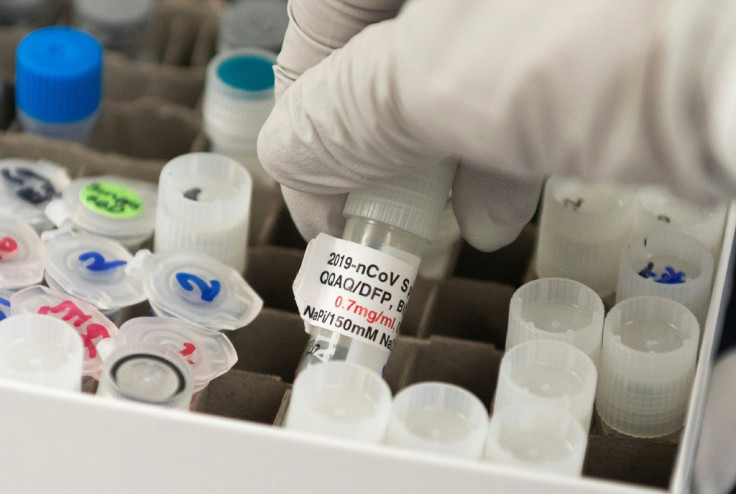Moderna to start phase 3 trials of vaccine next week after favourable results in preliminaries
Moderna is closely working with National Institutes of Health and its National Institute of Allergy and Infectious Diseases.
As detailed by the biotech company's roadmap, the third phase of its coronavirus vaccine candidate tests will begin next week. Moderna was recently in the headlines when the results of its preliminary trials were deemed promising by health officials. After injecting volunteers with varying doses in multiple sessions, blood samples taken were showing the desired immune response. Moreover, among the side effects reported by the subjects, none were considered dangerous.
Despite doubts of one being discovered before the year ends, it seems researchers were able to successfully fast-track the development of a potential vaccine for SARS-CoV-2. So far, there are 25 candidates being tested internationally as indicated by the World Health Organization (WHO). To date, only Moderna and AstraZeneca have announced positive outcomes of their respective experiments.
The United States Department of Health and Human Services (HHS) actually funded several biotech companies through its Operation Warp Speed initiative. In fact, the aforementioned two candidates were likely developed courtesy of the public-private partnership which was established in April.
Moderna is closely working with National Institutes of Health (NIH) and its National Institute of Allergy and Infectious Diseases. Deputy Director of the NIH's Vaccine Research Center, Dr. Barney Graham, shared more details in an interview with CNN's Chief Medical Correspondent Dr. Sanjay Gupta.
"In our case, the mRNA that we use to make this protein is our vaccine. And when that RNA goes into the muscle cell, it creates and produces a protein, and when that protein is sitting on the muscle cell, it looks just like the protein that would be sitting on a virus, except we don't have to give it the whole virus, we just give it the protein, " he explained.
Graham then added that "the immune system recognizes this, it starts making antibodies to different surfaces on this protein. And then we count on those antibodies to be present if the virus ever shows up with this same exact protein on its surface. That's the way this mRNA vaccine is working."
Results from the first phase of the study were published in the New England Journal of Medicine earlier this month. Those who were injected with the experimental vaccine reportedly produced antibodies comparable to that of COVID-19 patients who have recovered.

Additionally, subjects who received higher dosages displayed a stronger immune response as well. Headaches, chills, fatigue, muscle pain, and pain at the injection site were the only side effects stated by the participants. Phase three will apparently involve 30,000 volunteers that will be inoculated with a middle dose listed at 100 micrograms.
© Copyright IBTimes 2025. All rights reserved.





















